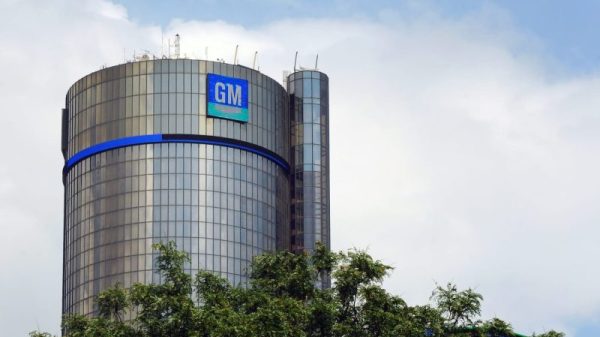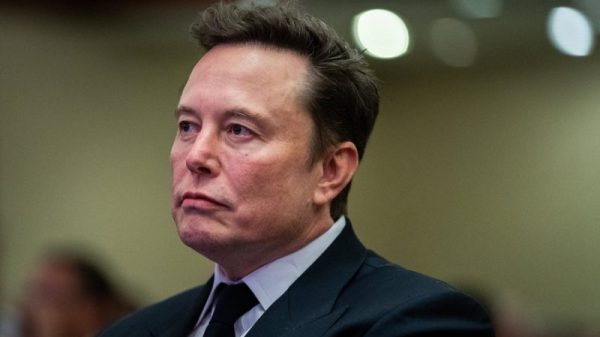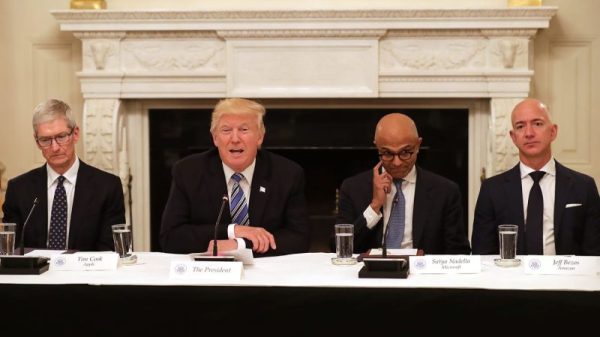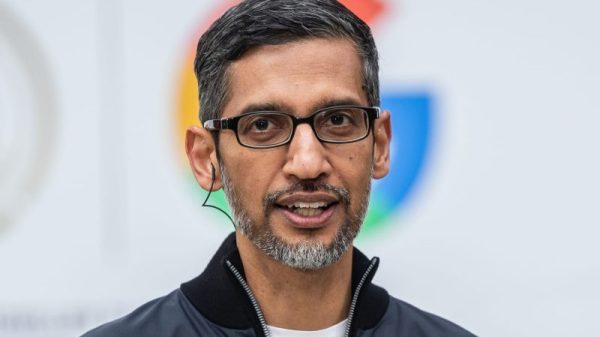As part of its reorganization and cost-cutting strategy, automotive giant General Motors has taken a major step by laying off 1,000 employees, reflecting the ongoing changes and challenges in the global auto industry.
The layoff decision came bundled with GM’s broader restructuring plan aimed to streamline operations, trim excess manufacturing capacity, and refocus investment in future technology areas such as electric vehicles and self-driving cars. Despite this being a tough pill to swallow for the affected workforce, it is apt to mention that such measures are being seen as strategic responses to adapt to the rapid shifts in the auto industry.
One cannot ignore the economic implications of GM’s decision. For years, the automobile industry has been a cornerstone to stability and growth of the North American economy, providing thousands of well-paying jobs. However, faced with creeping costs, stiffer competition, and a drive towards lower-emission vehicles, automakers like GM have no choice but to make difficult decisions for their long-term sustainability.
This move is no spontaneous action. Rather, it’s an aligning mark to a strategy that the automaker had set for itself. In 2018, GM had warned of impending closures and layoffs, citing excess production capacity and the shifting consumer demands away from traditional gas-guzzling vehicles. The announcement came as a shock, however, was met with an understanding that these decisions are consequential in revamping the company’s image from traditional automaker to high-tech, green energy vehicle innovator.
Beyond the obvious loss of jobs, the layoffs also have a significant impact on the communities around GM’s facilities. For many local businesses, the employees of General Motors were loyal consumers. Therefore, it’s inevitable that this situation will affect the broader economy of these localities. On the other hand, as GM aligns itself with the evolving industry, there’s a possibility of new opportunities in terms of business and job creation in the fields of green energy and autonomous driving technology.
On the brighter side, the company is increasing its efforts in retaining as many employees as possible. GM has implemented an outplacement process, including job fairs, resume writing assistance, and workshops, to help affected employees transition into new roles within or outside the company. It’s also worth noting that some employees may be relocated to other manufacturing plants where there is a higher need for manpower. Despite the recent layoffs, GM remains committed to its employees, vowing to mitigate the impact as much as it can.
In terms of the future, GM’s move signifies an
































